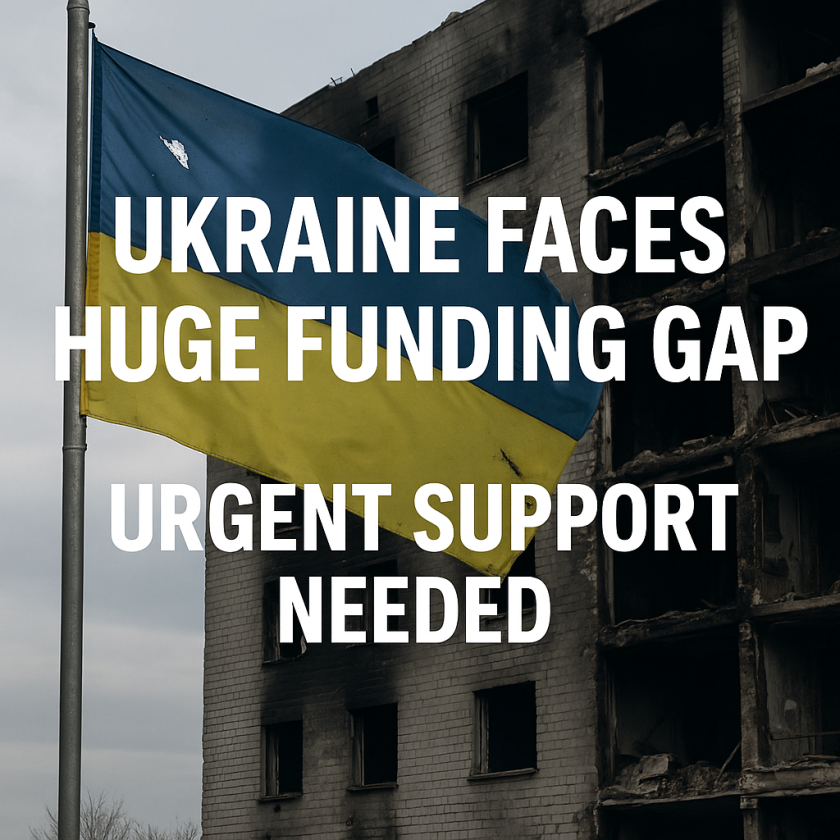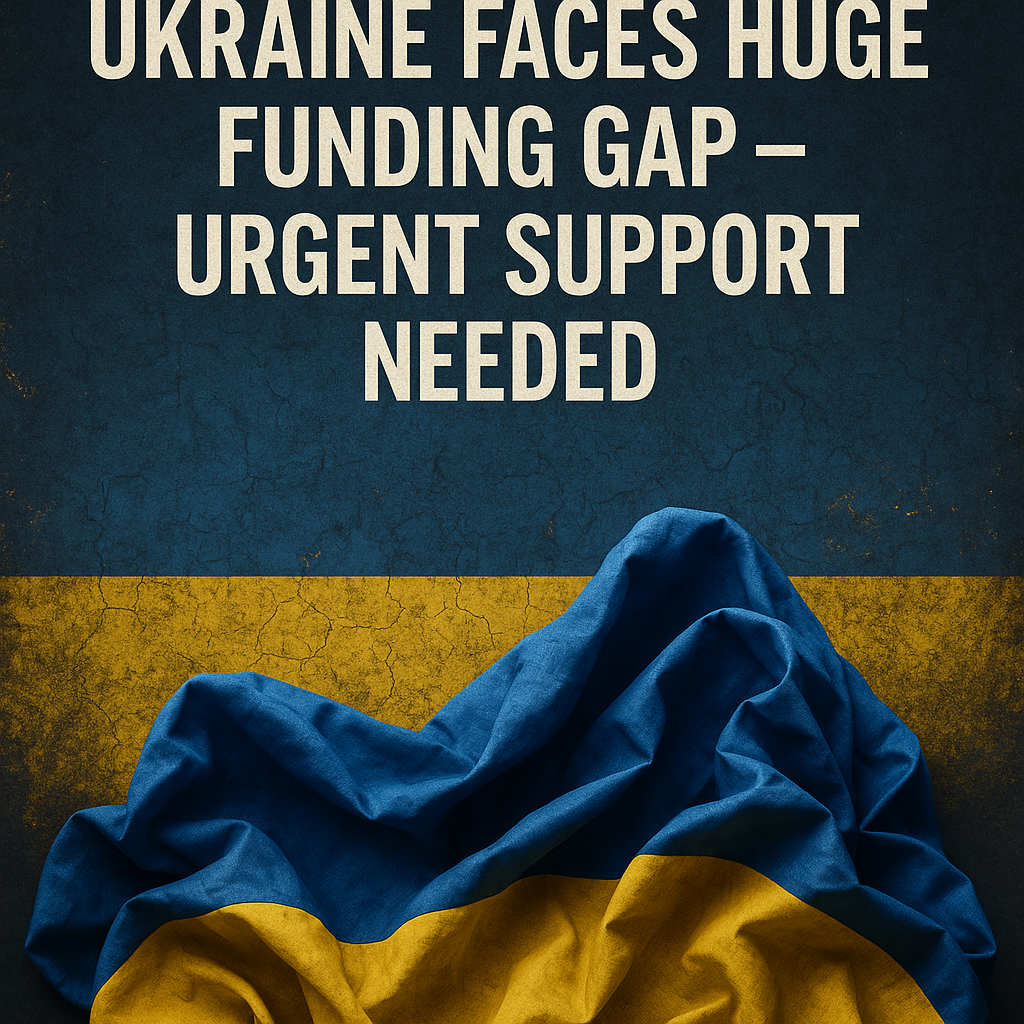Ukraine Faces Huge Funding Gap – Urgent Support Needed
Ukraine Faces Huge Funding Gap – Urgent Support Needed
Ukraine faces a significant funding gap, urgently necessitating external support to sustain its ongoing efforts in the face of geopolitical challenges and economic strain. As the situation evolves, the impact of this funding crisis on the nation’s stability and well-being is profound, prompting discussions about the roles of international allies and financial institutions.
The Scale of the Funding Gap

Ukraine’s government is grappling with a funding shortfall estimated at billions of dollars, a situation exacerbated by the prolonged conflict with Russia. According to various sources, including an analysis by Al Jazeera, the economic fallout from the war has placed unprecedented pressure on Ukraine’s budget and public services.
The International Monetary Fund (IMF) has recognized this critical situation, emphasizing the need for urgent financial support to help Ukraine stabilize its economy. They project that, in the absence of timely assistance, the country may face dire long-term repercussions, including reduced governmental services and increased social unrest. The IMF’s commitment to assist Ukraine is evident, but the disbursement of funds has been slow, raising concerns about immediate outcomes.
Diverse Perspectives on Support
While there is a recognized need for financial aid, perspectives on how best to provide this assistance vary greatly among international stakeholders. Some argue for a direct cash injection to the Ukrainian government, which would allow for immediate budgetary relief. In contrast, others advocate for a more cautious approach, suggesting that funds should be conditional upon reforms to combat corruption and promote transparency.
Sky News recently reported on the political dynamics at play, indicating that countries in the European Union and beyond are debating the best methods to channel support. Possible solutions range from increasing existing relief packages to implementing innovative financial strategies, such as bonds specifically designed for wartime assistance. This dialogue reflects broader concerns about accountability and efficient resource use in an environment ripe for mismanagement.
In contrast, Russia’s state-run news platform, RT, presents a starkly different view on Ukraine’s financial predicament. It suggests that reliance on Western funding masks more profound economic failures within the Ukrainian state itself. This perspective paints a picture of a nation unable to govern effectively and dependent on outside aid, thus stoking tensions among varying international opinions regarding financial support.
Navigating Uncertainties and Building Solutions
As the conversation evolves, significant uncertainties remain about the long-term viability of Ukraine’s economic strategies without ongoing support. The potential for deterioration in key public services, including healthcare and education, looms large, especially as the nation prepares for winter amid ongoing conflict. Energy infrastructure, crucial for heating and electricity, is particularly vulnerable, creating fears of humanitarian crises.
The complexity of Ukraine’s socio-political situation means that stakeholders must consider not only the immediate economic support but also the broader implications of each strategy. A piecemeal approach may seem like a short-term fix, yet it can lead to long-term dependency and erode Ukraine’s sovereignty. As negotiations continue, the challenge will be to provide meaningful support that reinforces Ukraine’s autonomy and sets the stage for sustainable recovery post-conflict.
Conclusion: A Call for Coordinated Action
In conclusion, the urgent need for financial support for Ukraine cannot be overemphasized. As diverse viewpoints emerge from various international players, the path forward hinges on finding a consensus that balances immediate humanitarian needs with long-term governance reforms. The international community must act decisively, ensuring that aid channels are not only abundant but also efficient and transparent.
The complexities surrounding Ukraine’s funding gap highlight the necessity for a coordinated response that encompasses both economic assistance and strategic planning. This multifaceted approach could pave the way for Ukraine to not only survive its current challenges but thrive in the aftermath of conflict, thereby securing a stable future for its citizens.






































